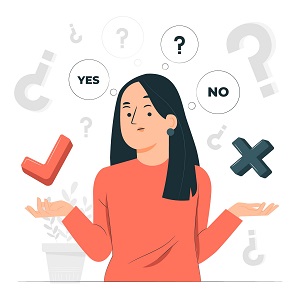
If I apply for a job somewhere, and I’m told that I have the choice to either sleep with the hiring manager and get the job, or walk away and not get the job, how do you think I would react? Would I look at it as something that is part of the industry and leave it at that? Would I talk about it years later as simply an experience I had, without naming anyone, and say that I am proud of making the choice of not sleeping with someone for a job? And would that be the end of it?
If that sounds stupid, and if you think such an act deserves to be labelled criminal, then why is the evil called casting couch any different? This ‘commonplace practice’ is probably as old as the movie industry itself. And it certainly has been a curse to a huge number of outsiders and newbies, irrespective of gender. The talks about casting couch have always been looked at as either a taboo subject or one that involves lots of courage. The ‘Come on! I’ve been around for so long and I’ve never faced it’ denial or ‘I faced it and chose not to do it’ triumph. And that, I believe, is the reason it continues to hold power over the powerless, lording over weaklings.
There can’t be much said about the ones who join the first gang – ‘denial mongers.’ It’s not that they don’t see it or that they don’t believe it exists. They just don’t want to admit that they do. It’s easier that way. No conscience-stricken conflicts – in fact, no conscience at all – involved, that definitely is convenient for many. No doubt, they negate the feelings and experiences of the many who face this evil every day. But the other gang – the triumphant warriors who time and again talk about how they ‘chose not to do it,’ as if that was the end of the issue, make it even more difficult for the victims. Because it has now turned into a question of one’s ‘choice’ – a choice that they are fully responsible for, a choice that they had absolute control over… a choice.
My point is not that the ones who chose not to give in were wrong; it is that a choice in itself is a privilege sometimes. And by denying that with ‘the ball is in your court’ argument is a callous move. There have been many whose career never saw the light of the day because they chose not to give in. There have also been many who had given up so much along the way, for a profession not accepted by family, running from pillar to post for the smallest amount of visibility that would get them not a break, but some work to support themselves with. For them, the choice that we talk about is very much a privilege. Because beyond the glitz and glamour of the profession, and the perpetually made-up faces that do not seem synonymous with tough times, these are also ordinary people who chased a dream. The ones who are now at a crossroads of whether to throw all the hard work away and start afresh doing something else, or to somehow cling on to whatever is thrown their way.
It is easier for us to sit in our morally superior, cushioned reality and call them immoral if they cave in and call it their choice. But how much of it is really a choice? And for how many of them?
The real question is whether anyone should ever be put in a position like this where they are forced to make a choice – either to give in or to turn away. Why is casting couch always talked of as ‘just a part of the big, bad movie industry?’ How is an offer of job in exchange for sex called a choice? And for how much longer are the now-successful triumphant warriors going to keep blowing their own trumpet for ‘making the right choice’ instead of talking about how it’s never a choice, how it should never be a choice, how no one should have to make this choice? How much longer are we going to shame the victims and call them sluts instead of calling out the system that gives them the choice of not having a choice???
Also published on Medium.
1 Pingback